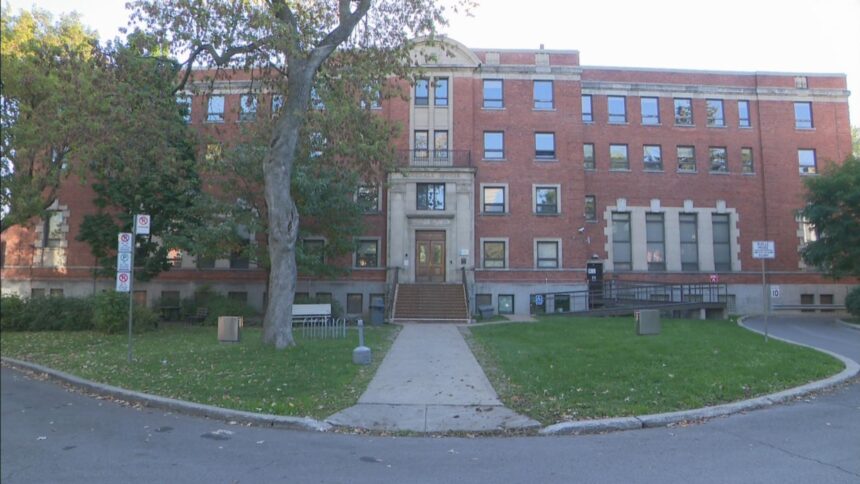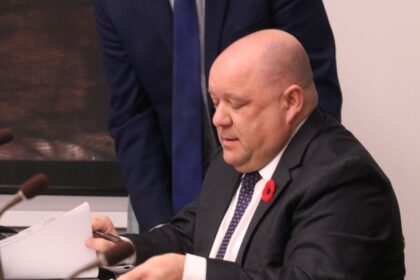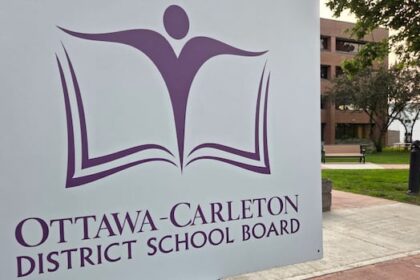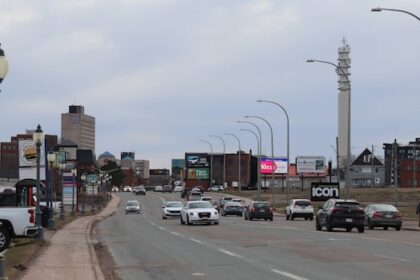The Quebec Superior Court has authorized a class-action lawsuit on behalf of First Nations, Métis, and Inuit children who suffered abuse at the hands of Quebec’s youth protection services since 1950. The class-action suit is leveled at the government of Quebec, its healthcare provider, Santé Québec, and 16 university and integrated health-and-social service centres. The suit also names the Nunavik Regional Board of Health and Social Services, as well as the Cree Board of Health and Social Services of James Bay. According to a press release ordered by the court, the class automatically includes anyone who is Indigenous and was placed in a youth protection centre after Oct. 1, 1950, and suffered sexual abuse or use of force with or without the use of mechanical devices (including straitjackets, shackles and handcuffs) or chemical substances (including medication). Additionally, the class includes all those who suffered solitary confinement, were locked in a room or cell or common area, endured discriminatory or derogatory comments or treatment related to their Indigenous identity, were subject to unnecessary medical or dental treatment, or were denied access to education. The lawsuit is specific to youth protection schools and centres, reception centres, and transition and rehabilitation centres, as well as three group homes in Inukjuak, Puvirnituq, and Kuujjuaq (Saturvik) in the sub-Arctic Nunavik region of Quebec. The suit does not extend to hospital centres, other group homes, and foster families. The lead plaintiff in the class action is Harry Dandy, from Kebaowek First Nation in western Quebec. According to the 2023 Application for authorization to institute a class action, Dandy was sent to Temiskaming Indian Day School No. 19 (TDS) in the late 1950s at the age of six, where he alleges he was subjected to routine beatings and other physical abuse by teachers and priests, who called him a “savage” and “two-bit Indian.” As Dandy attempted to escape from abusive authorities, the application alleges, he was frequently cited for truancy and minor offences. When he was 13, a police officer gave his parents the option to send him back to TDS or to Shawbridge Boys’ Farm and Training School, a youth-detention centre in Prévost, Que., outside Montreal. Read more: Indigenous teen who was held in windowless basement to file human rights complaint against Montreal youth protection agency Native Women’s Shelter of Montreal calls for inquiry into youth protection services, employment practices During the three years he spent at Shawbridge, the application alleges, Dandy endured worse abuses than at TDS, both from staff and from older children whom staff “deputized” to “discipline” younger students with violence. Those older boys, the application says, sexually abused younger students with the knowledge of staff, who did not intervene. Because Dandy fought back against staff, he was frequently placed in isolation and under constant surveillance. He was also given a variety of dental treatments in spite of no apparent need for such care. Throughout his years at Shawbridge, Dandy was not allowed to contact his parents, the court records allege. Neither TDS nor Shawbridge, the application states, taught Dandy how to read. He argues he received “no education” there, but was left with deep emotional wounds and later suffered flashbacks to his many experiences of abuse. By 2022, nearly 60 years after Dandy alleges he experienced abuse there, Shawbridge had been renamed Shawbridge Youth Centres and taken under the banner of the government-funded Batshaw Youth and Family Centres. That year it was reported that an Inuk teen at the institution, in agony from a serious injury, was denied medical treatment and placed in isolation. When he was finally brought to the hospital the next day for emergency surgery, he was taken in handcuffs. Na’kuset is a longtime advocate for Indigenous children in the youth protection system. As director of the Native Women’s Shelter of Montreal (NWSM), she oversaw a 2013 collaboration agreement between her Shelter and Batshaw intended to improve the experiences of Indigenous children in care with the organization. In 2021, Na’kuset said the collaboration agreement fell apart after Batshaw was absorbed into provincial health agency the Centre intégré universitaire de santé et de services sociaux (CIUSSS). That agency is one of the 16 university and integrated health-and-social service centres named in the class action. Na’kuset told APTN News she feels the circumstances of the youth protection centres themselves create a fertile ground for abuse. “Prévost [Shawbridge] is designed like a jail, and the kids are treated as if they’re prisoners,” Na’kuset said. “[They] treat people as ‘less-than,’ [they] have these really tough rules, but there’s no training. There’s no sensitivity.” As was the case with residential schools, the official policies of the centres themselves are under scrutiny. The court case also deals with instances of sexual, physical, medical, and psychological abuse that went far beyond staff members’ officially mandated disciplinary behaviour toward students. All students who experienced abuses described in the class-action after October of 1950 are considered members of the class eligible for damages in the event of a court victory. Those who experienced abuses but do not wish to be considered as part of the suit or to receive damages have until 4:30 a.m. on Dec. 15, 2025 to opt out. Continue Reading
Class-action lawsuit authorized for abuse Indigenous kids suffered in Quebecs youth protection system

Leave a Comment










